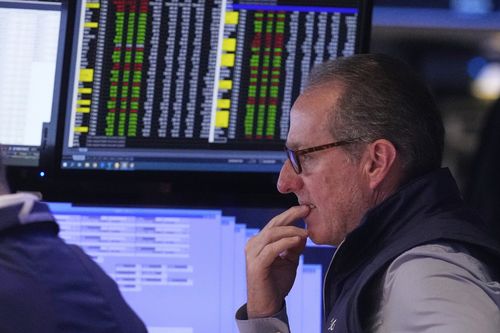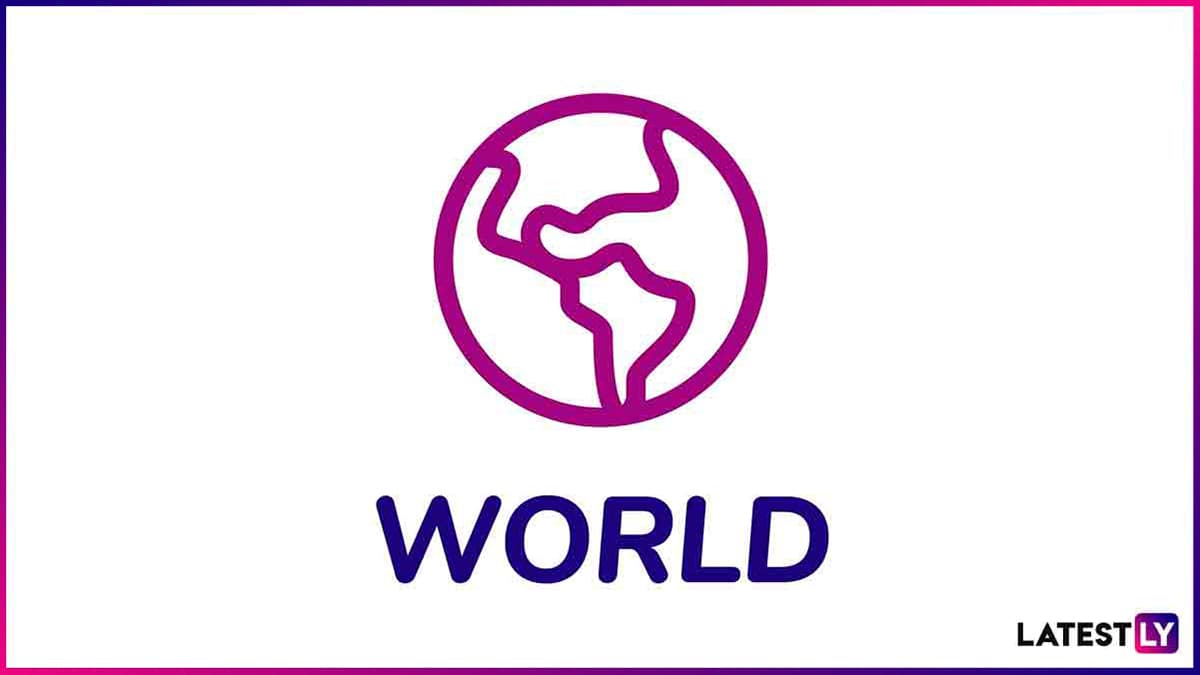Investors Seek Safety Amid Rising Tensions
Oil surged, stocks fell, and investors sought safety in the US dollar and government bonds on Friday after Israel struck Iranian nuclear and military targets in an attack that raised the risk of war between the two countries and broader instability in the Middle East.
Futures for the S&P 500 fell 0.9 per cent before the opening bell, while futures for the Dow Jones Industrial Average were down one per cent. Nasdaq futures slid 1.1 per cent.
US benchmark crude oil rose by $4.73 ($7.30), or 6.9 per cent, to $72.77 ($112.27) per barrel, its biggest gain since the early days of Russia’s attack on Ukraine more than three years ago.
Market Analysis and Expert Opinion
Oil prices are likely to rise in the short term, but the key question is whether exports are affected, said Richard Joswick, head of near-term oil at S&P Global Commodity Insights.
“When Iran and Israel exchanged attacks previously, prices spiked initially but fell once it became clear that the situation was not escalating and there was no impact on oil supply,” he wrote in an emailed analysis.
“Oil price risk premiums could rise sharply if Iran conducts broader retaliatory attacks, especially if on targets other than in Israel,” Joswick said.
Global Impact and Market Response
GE Aerospace, which makes engines for Boeing, is down close to two per cent after it announced it was postponing next week’s investor day in light of the tragic crash.
The cause of the crash is unknown.
In Europe at midday, Germany’s DAX dropped 1.3 per cent and the CAC 40 in Paris gave up 0.9 per cent. Britain’s FTSE 100 slipped 0.2 per cent.
The yield on the 10-year Treasury fell to 4.35 per cent from 4.41 per cent late on Wednesday and from roughly 4.80 per cent early this year.
Upcoming Reports and Market Expectations
Coming later on Friday is the University of Michigan’s consumer sentiment report. Next week brings the Federal Reserve’s two-day policy meeting where it will make a decision on its benchmark interest rate.
The Fed has been hesitant to lower interest rates, and it’s been on hold this year after cutting at the end of last year, because it’s waiting to see how much US President Donald Trump’s tariffs will hurt the economy and raise inflation.







